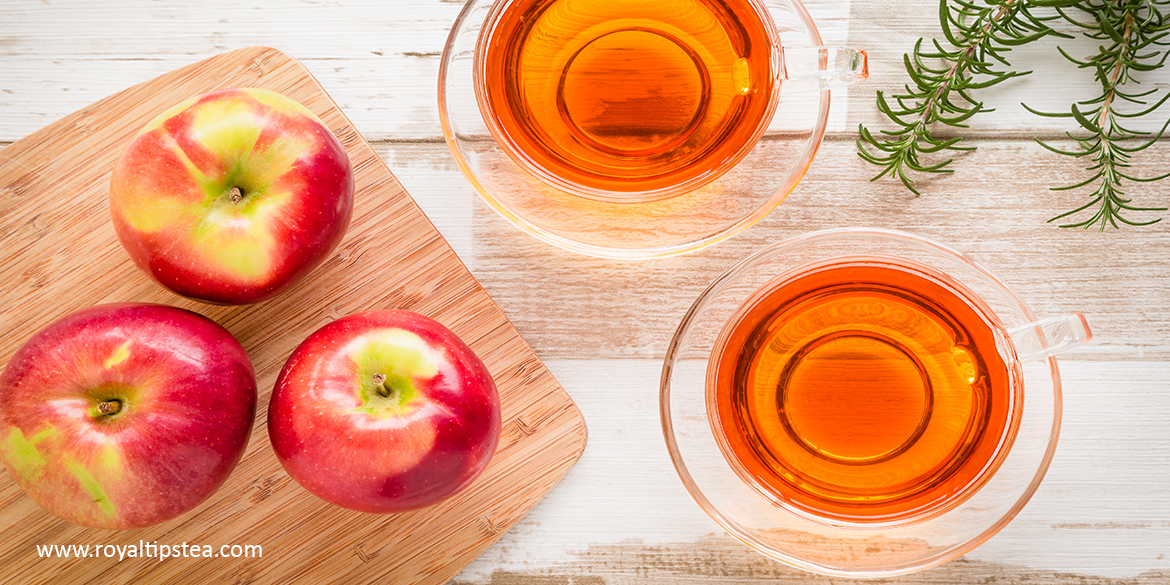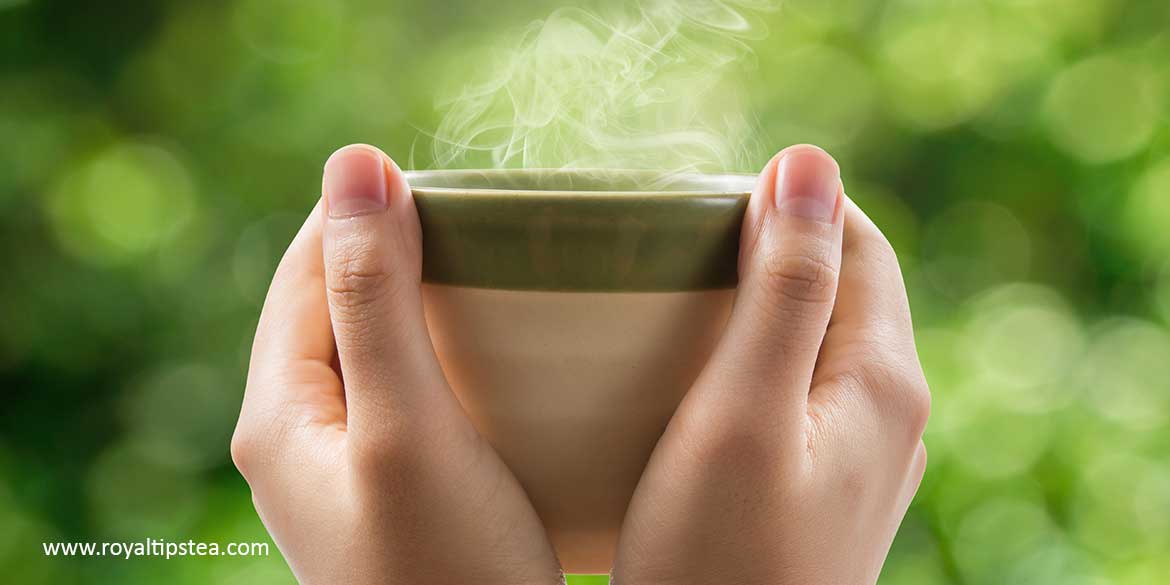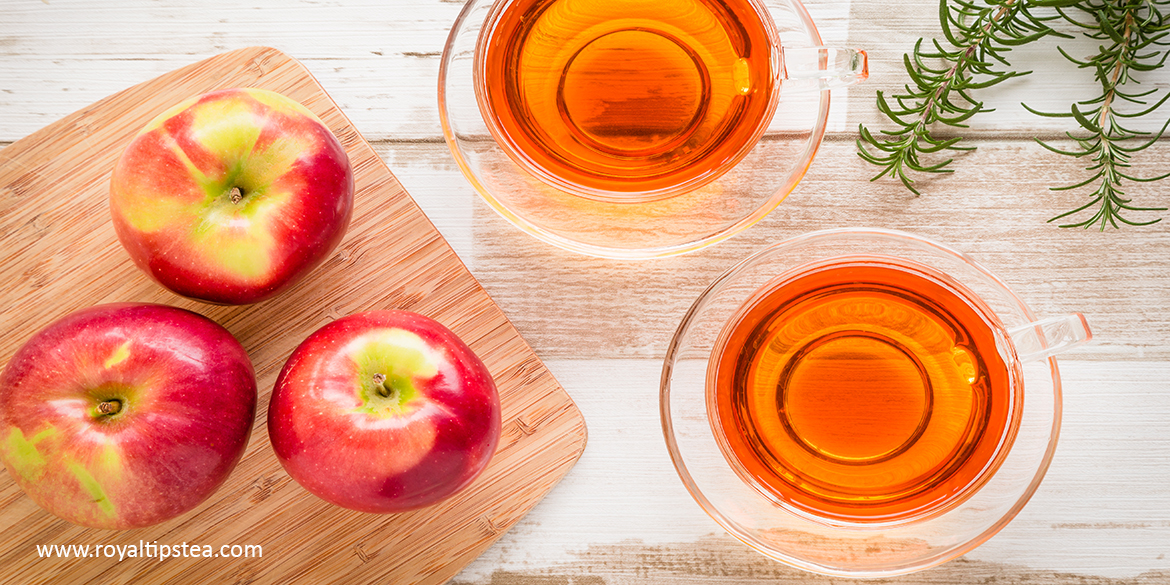
Ever since tea was discovered 5000 years ago, an infusion made from the tea leaves of the plant has been recognized as offering an impressive number of health benefits. Chinese herbalist and ‘Father of Tea’ Shen Nong claimed that tea was beneficial to the bladder and lungs, reduced the desire for sleep, and raised the spirits, and he is said to have encouraged the Chinese to cultivate the tea plant and drink the infusion as their daily beverage. When tea reached Europe it was advertised as possessing all sorts of wonderful medicinal powers and people drank it to cure headaches, skin diseases, stomach disorders, insomnia, sleepiness, fevers, breathing difficulties, heavy dreams, and to strengthen brain power and memory, help the digestion, and protect the kidneys and eyesight.

Since those days, scientific research has proved that at least some of what was claimed all those hundreds of years ago is actually true. We now know that tea contains a long list of beneficial ingredients – polyphenols, which act as antioxidants in the body; caffeine; amino acids including L-theanine; fluoride; trace minerals such as potassium (to maintain body fluid levels), calcium (good for bones), zinc (for our immune system and to fight colds), phosphorous (good for teeth and bones), and manganese (for body development and bone growth); and vitamin B2, B12 (folic acid), Vitamin C and vitamin E. All these different components, which vary in quantity according to the different categories of tea, offer a wide variety of health benefits.
Studies have shown that the polyphenols in tea can help protect us against a wide range of age-related health problems, including heart disease, stroke, high cholesterol in the blood, blood pressure, and certain cancers. The caffeine in tea, a helpful stimulant that increases alertness and reduces fatigue, is found in the tea plant as it grows and all teas contain similar levels of the substance. The speed at which the caffeine is absorbed into our bodies is slowed down by the amino acid L-theanine, so the effects are less aggressive then the effects of caffeine absorbed from coffee. L-theanine (tea’s magic ingredient) only exists, as far as we know to date, in three plants in the entire universe – the tea plant, guayusa (an Amazonian tree related to the holly), and the Bay Bolete mushroom. A concentration of L-theanine in tea gives the liquor a brothy, sweet, umami taste. It also increases the activity of alpha waves in our brains, reducing blood pressure and helping us to focus and concentrate in a calm and untroubled way. Fluoride in tea strengthens the enamel on our teeth, increasing resistance to acid in the mouth and so reducing the risk of cavities. The antioxidant polyphenols in tea also help to inhibit the growth of bacteria in our mouths and this reduces the risk of plaque and helps protects our mouths from cancer.
The most important message is that three cups of any type of tea are said to contain more antioxidant power than just one apple, so the more tea we drink (in moderation, of course), and the wider the range of different types we choose, the healthier we will be!


